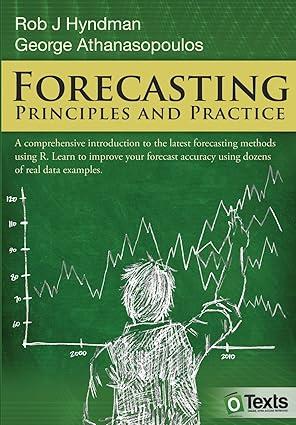Answered step by step
Verified Expert Solution
Question
1 Approved Answer
A- True or False: (20 pts.) 1-The AICPA is the only organization that a CPA must answer to involving ethical conduct. 2-Professional Ethics extend beyond

A- True or False: (20 pts.) 1-The AICPA is the only organization that a CPA must answer to involving ethical conduct. 2-Professional Ethics extend beyond moral principles but not above the letter of the law. 3-Under rule 203, Accounting Principles, the FASB and GASB have been designated as the promulgating bodies for accounting Principles 4-An auditor may not divulge confidential information concerning a client, even if Subpoenaed (citado) to do so in court. 5- Under Rule 101 - Independence, an auditor may not have any direct or indirect financial Interest in a client. 6- The AICPA Code of Professional Conduct consists of two sections: principles and rules. 7- Under common law, auditors may be held liable to clients for breach of contract but not for torts (agravios). 8- Under common law, the auditor is liable for fraud to all third parties who have been damage and who relied on the audited statements. 9- Ordinary negligence is the failure to use even a slight care in the circumstances. 10- The SEC defines "material" to be anything more than 5% of net income. B- List and describe (briefly) the AICPA 6 Ethical Principles : (25 pts) Principle Description A- True or False: (20 pts.) 1-The AICPA is the only organization that a CPA must answer to involving ethical conduct. 2-Professional Ethics extend beyond moral principles but not above the letter of the law. 3-Under rule 203, Accounting Principles, the FASB and GASB have been designated as the promulgating bodies for accounting Principles 4-An auditor may not divulge confidential information concerning a client, even if Subpoenaed (citado) to do so in court. 5- Under Rule 101 - Independence, an auditor may not have any direct or indirect financial Interest in a client. 6- The AICPA Code of Professional Conduct consists of two sections: principles and rules. 7- Under common law, auditors may be held liable to clients for breach of contract but not for torts (agravios). 8- Under common law, the auditor is liable for fraud to all third parties who have been damage and who relied on the audited statements. 9- Ordinary negligence is the failure to use even a slight care in the circumstances. 10- The SEC defines "material" to be anything more than 5% of net income. B- List and describe (briefly) the AICPA 6 Ethical Principles : (25 pts) Principle Description
Step by Step Solution
There are 3 Steps involved in it
Step: 1

Get Instant Access to Expert-Tailored Solutions
See step-by-step solutions with expert insights and AI powered tools for academic success
Step: 2

Step: 3

Ace Your Homework with AI
Get the answers you need in no time with our AI-driven, step-by-step assistance
Get Started


